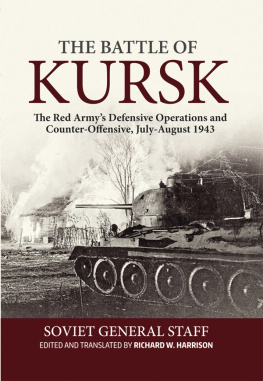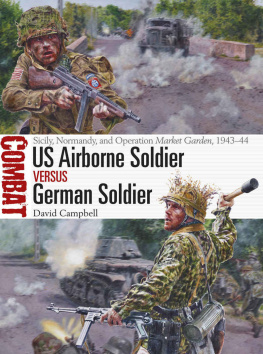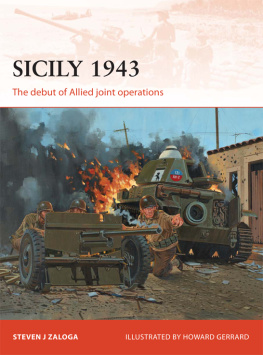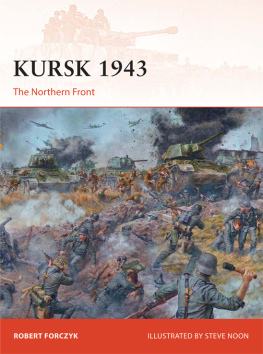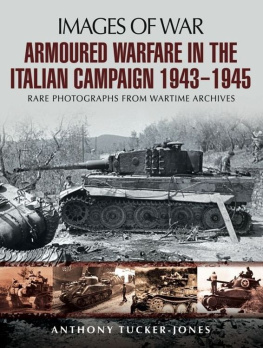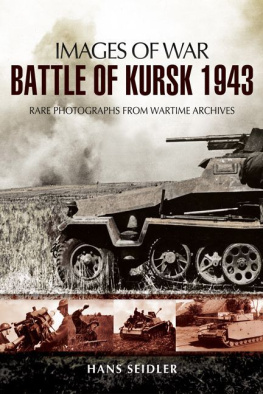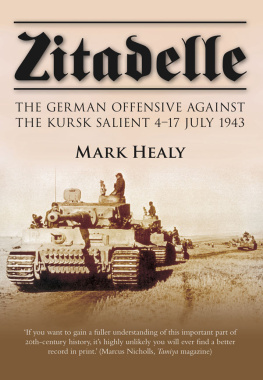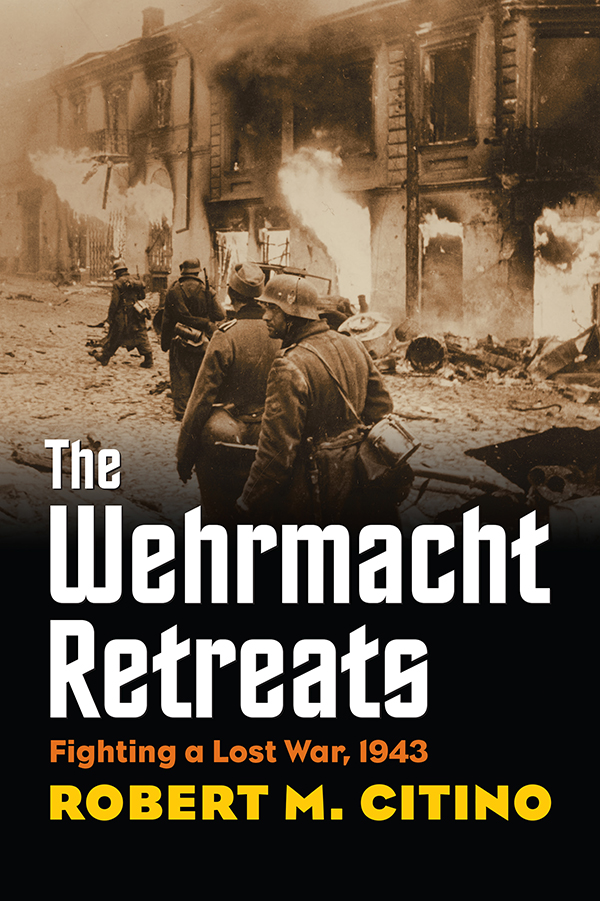Robert M. Citino - The Wehrmacht Retreats: Fighting a Lost War, 1943
Here you can read online Robert M. Citino - The Wehrmacht Retreats: Fighting a Lost War, 1943 full text of the book (entire story) in english for free. Download pdf and epub, get meaning, cover and reviews about this ebook. year: 2016, publisher: University Press of Kansas, genre: History. Description of the work, (preface) as well as reviews are available. Best literature library LitArk.com created for fans of good reading and offers a wide selection of genres:
Romance novel
Science fiction
Adventure
Detective
Science
History
Home and family
Prose
Art
Politics
Computer
Non-fiction
Religion
Business
Children
Humor
Choose a favorite category and find really read worthwhile books. Enjoy immersion in the world of imagination, feel the emotions of the characters or learn something new for yourself, make an fascinating discovery.

- Book:The Wehrmacht Retreats: Fighting a Lost War, 1943
- Author:
- Publisher:University Press of Kansas
- Genre:
- Year:2016
- Rating:4 / 5
- Favourites:Add to favourites
- Your mark:
The Wehrmacht Retreats: Fighting a Lost War, 1943: summary, description and annotation
We offer to read an annotation, description, summary or preface (depends on what the author of the book "The Wehrmacht Retreats: Fighting a Lost War, 1943" wrote himself). If you haven't found the necessary information about the book — write in the comments, we will try to find it.
Throughout 1943, the German army, heirs to a military tradition that demanded and perfected relentless offensive operations, succumbed to the realities of its own overreach and the demands of twentieth-century industrialized warfare. In his new study, prizewinning author Robert Citino chronicles this weakening Wehrmacht, now fighting desperately on the defensive but still remarkably dangerous and lethal.
Drawing on his impeccable command of German-language sources, Citino offers fresh, vivid, and detailed treatments of key campaigns during this fateful year: the Allied landings in North Africa, General von Mansteins great counterstroke in front of Kharkov, the German attack at Kasserine Pass, the titanic engagement of tanks and men at Kursk, the Soviet counteroffensives at Orel and Belgorod, and the Allied landings in Sicily and Italy. Through these events, he reveals how a military establishment historically configured for violent aggression reacted when the tables were turned; how German commanders viewed their newest enemy, the U.S. Army, after brutal fighting against the British and Soviets; and why, despite their superiority in materiel and manpower, the Allies were unable to turn 1943 into a much more decisive year.
Applying the keen operational analysis for which he is so highly regarded, Citino contends that virtually every flawed German decision--to defend Tunis, to attack at Kursk and then call off the offensive, to abandon Sicily, to defend Italy high up the boot and then down much closer to the toe--had strong supporters among the armys officer corps. He looks at all of these engagements from the perspective of each combatant nation and also establishes beyond a shadow of a doubt the synergistic interplay between the fronts.
Ultimately, Citino produces a grim portrait of the German officer corps, dispelling the longstanding tendency to blame every bad decision on Hitler. Filled with telling vignettes and sharp portraits and copiously documented, The Wehrmacht Retreats is a dramatic and fast-paced narrative that will engage military historians and general readers alike.
Robert M. Citino: author's other books
Who wrote The Wehrmacht Retreats: Fighting a Lost War, 1943? Find out the surname, the name of the author of the book and a list of all author's works by series.

